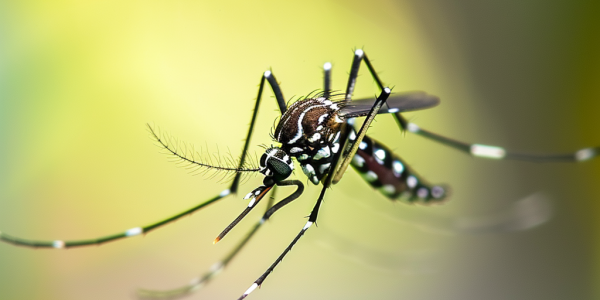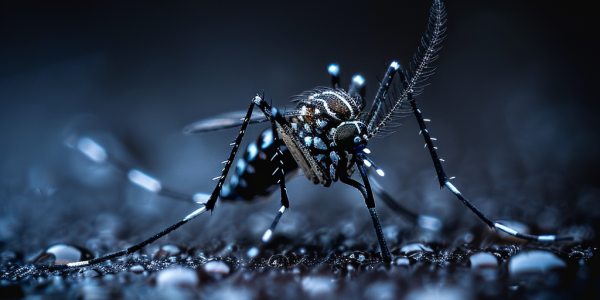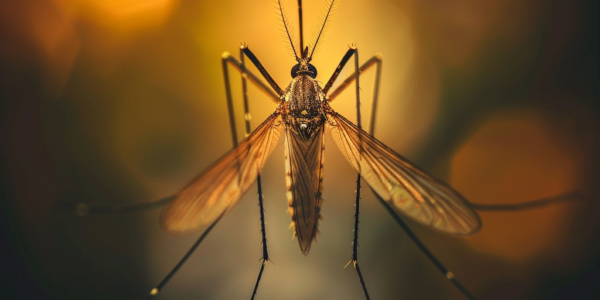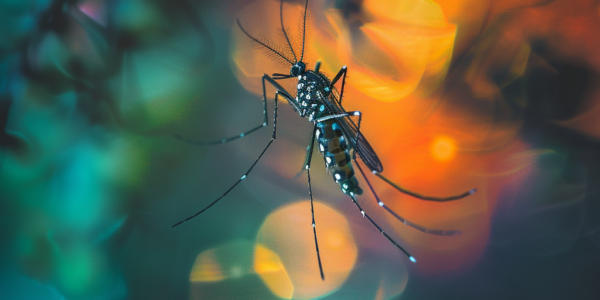Alarming Increase in Dengue Cases Across the Americas
The latest Situation Report by the Pan American Health Organization reveals alarming statistics on the Dengue Epidemiological Situation in the Americas. With a total of 4,820,955 suspected cases reported between epidemiological weeks 1 and 13 of 2024, this represents a significant increase compared to previous years. Brazil is the primary country affected, with several others in the region also reporting cases. The data underscores the urgent need for coordinated efforts to address this epidemic.
Warning Issued for Travellers to Samoa Amid Dengue Fever Outbreak
Travellers planning to visit Samoa are being advised to ensure they have comprehensive medical and travel insurance, including provisions for medical evacuation by air, due to the ongoing dengue fever outbreak in the region. Dengue fever, a viral infection transmitted by mosquitoes, can lead to symptoms such as high fever, nausea, headaches, body aches, and rashes, with severe cases potentially resulting in death. Samoan authorities have intensified fumigation efforts to combat the spread of the disease, with most reported cases among children aged 10 years and older individuals above 60 years.
Growing Threat: Dengue Fever Spreads Amidst a Warming Planet
Learn about the growing threat of Dengue fever as it spreads amidst a warming planet. With millions falling ill annually and fatalities on the rise, the expansion of Aedes mosquitoes poses a grave risk to global health. Find out how climate change and urbanization are fueling the spread of this debilitating illness and the need for enhanced preparedness and control measures.
Dengue Outbreak Surpasses 5.2 Million Cases in the Americas
Dengue cases in the Americas have surged past 5.2 million, exceeding the previous yearly record, raising concerns as countries grapple with the increasing number of cases. PAHO warns of a potential increase in cases in the northern hemisphere as spring approaches, highlighting the influence of rising temperatures and inadequate sanitation in creating conducive environments for mosquito breeding. While a dengue vaccine is available, preventive measures and public health efforts are crucial in combating the spread of the disease.
Chinese Scientists Discover Gut Bacteria in Mosquitoes to Combat Dengue and Zika
Chinese scientists have discovered a gut bacteria in mosquitoes that could prevent the transmission of dengue and Zika viruses to humans. Published in Science, the research proposes introducing this bacterium into mosquito populations as a natural strategy to combat these diseases. With millions infected by dengue annually, the study highlights the potential of a nature-based approach to address global health threats posed by mosquito-borne viruses.
Rising Risk of Dengue Epidemic in Argentina
Argentina is at risk of a dengue epidemic as rising temperatures drive the spread of the virus. With a significant increase in cases and mosquitoes hatching earlier, the country is facing its worst outbreak of dengue fever. The situation has strained hospitals, caused shortages of insect repellent, and raised concerns about the potential for more frequent epidemics. Scientists warn that if the current trend continues, dengue epidemics could occur annually.
Surge in Dengue Infections Raises Concerns in Argentina
A surge in dengue infections in Argentina has caused a significant increase in the number of cases, raising concerns among citizens. The shortage of mosquito repellents has led to discontent and frustration, with citizens questioning the availability of repellents and criticizing the government for the lack of action. Authorities attribute the cause of the dengue epidemic to the explosive increase in the number of aedes aegypti mosquitoes, the carriers of dengue infection, believed to be a result of torrential rains and high temperatures caused by El Niño.
Singapore Sees Surge in Dengue Cases in First Quarter of 2024
Singapore experiences a surge in dengue cases, with over 5,000 reported in the first quarter of 2024, more than double the cases reported during the same period in 2023. The National Environment Agency (NEA) has issued a statement urging the public to take proactive measures to combat dengue, as seven dengue-related deaths were reported in the island state as of March 25. The recent spike in cases has raised concerns and prompted the NEA to intensify efforts to prevent mosquito breeding.
Rio de Janeiro Declares Public Health Emergency Due to Dengue Fever Outbreak Before Carnival
Rio de Janeiro declares public health emergency due to mosquito-borne dengue fever outbreak just before Carnival. With over 10,000 cases in 2024, the city is taking special measures to contain the illness and protect tourists. Brazilian air force sets up field hospital to treat patients and relieve emergency care units in the region.
Rise in Dengue Fever Cases in Arab Nations
Global cases of dengue fever are on the rise in Arab nations, with the Middle East and North Africa region witnessing an 88% increase in cases from 1990 to 2019. Healthcare professionals in Dubai are noting a surge in local cases, with experts attributing the unusual emergence of the Aedes aegypti mosquito to changing weather patterns or climate change.










